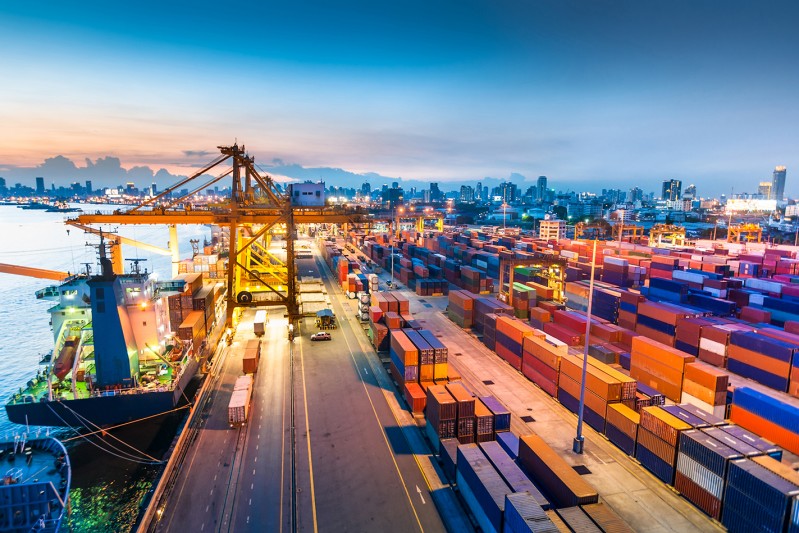
The potential effects of Brexit on the UK Economy are one of the most highly discussed issues of the EU referendum debates. The major concern here is the effect of Brexit on the UK’s trading relationship with the rest of the EU, and how will that be managed in the post-Brexit years.
The potential roles of World Trade Organization (WTO) in this respect have been mentioned by some politicians. But what is WTO, how does it work and how is it different from the EU?
World Trade Organization was established in 1995 with the aim to regulate world trade in goods, services and intellectual properties. Currently 162 countries are members of WTO. Contrary to popular belief, WTO does not directly aim to enforce a tariff free world, rather it focuses more on assurance and predictability in world trade, and reciprocal tariff reduction through mutual negotiations.
WTO promotes the idea that reciprocity in a global scale can be achieved if two principles are adhered to, they are (1) Most Favoured Nations (MFN) and, (2) National Treatment (NT). MFN implies that all counties should be treated equally in term of concessions. A country cannot impose a tariff rate for one country and a different one for another country. NT principles implies, for example, a country can impose tariff and no-tariff barriers at the border, however once inside, foreign and domestic goods should be treated alike. These two principles are known as the principles of non-discrimination.
The EU on the other hand has one policy for the countries within the EU and another for the rest of the world. The WTO and EU therefore disagree on the practice of discrimination. This is what many leave campaigners have pointed out and whether someone likes it or not, the EU, which apparently seems a very open place, has given rise to blocs of countries who favour each other over the rest of the world in trade in goods and services. This is reflected in Japanese cars being imposed a higher tariff barrier and doctors and computer engineers trained in India being pushed to the back of the queue for entry to work in the UK.
The above paragraph seems to be negative about the roles of the EU, however, this is a common recent tendency. The countries of the world are now moving in the opposite direction of the multilateralism envisaged by the WTO. The dominant tendency is now regionalism where the world gets divided in small trading blocs following the EU model with different degree of success. Examples of these blocs are NAFTA in North America, ASEAN in South East Asia and Mercosur in South America. The world, as a whole, seems not ready for the WTO style multilateralism without discrimination.
A trading bloc, through granting concessions to countries within the bloc, simultaneously creates and diverts trade. A country is better off in a trading bloc when trade creation is greater than trade diversion. Which dominates in the UK? How does each component of trade - like manufacturing, agricultural, financial services and human migration - fare in term of trade creation and diversion? Will Brexit potentially create more trade than it will divert?
The campaigners from both sides of the referendum debate, seem unwilling to discuss things at granular level with pros and cons, rather they tend to offer partial views on the UK’s trading relations. Voters on national TV are, unsurprisingly, expressing their concerns about not being offered a clear picture and are unsure of making a decision. With only about two weeks to go, I doubt that the situation will greatly change and I believe many will find themselves forced to make decisions without a clear vision of the consequences.
Dr Mehdi Chowdhury, Lecturer in Economics



